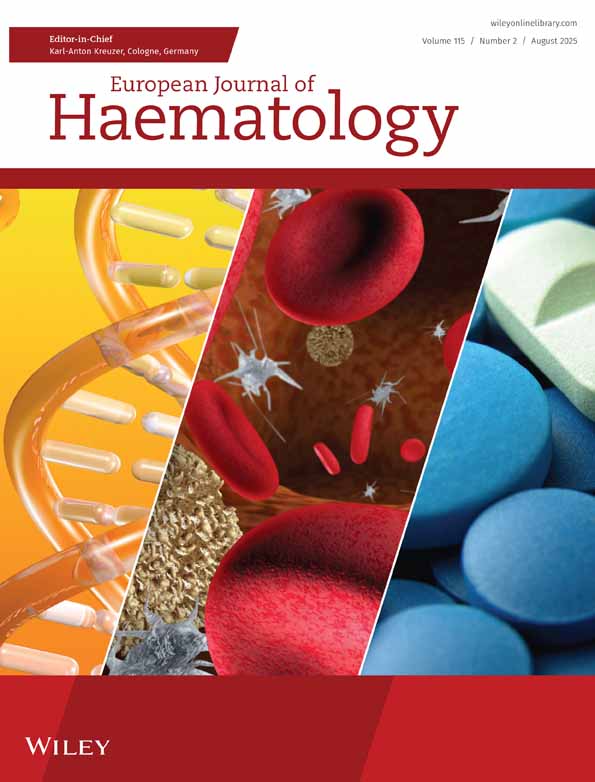Preclinical ex vivo expansion of G-CSF-mobilized peripheral blood stem cells: effects of serum-free media, cytokine combinations and chemotherapy
Abstract
Abstract: Objectives: Ex vivo expansion of granulocyte-colony stimulating factor (G-CSF)-mobilized peripheral blood stem cells (PBSC) is a promising approach for overcoming the developmental delay of bone marrow (BM) reconstitution after transplantation. This project investigated the effects of culture duration, serum-free media, cytokine combinations, and chemotherapy on the outcomes of expansion. Methods: Enriched CD34+ cells were cultured for 8 or 10 d in serum-free media (QBSF-60 or X-Vivo 10) and four combinations of cytokines consisting of recombinant human pegylated-megakaryocyte growth and development factor, stem cell factor, flt-3 ligand, G-CSF, interleukin (IL)-6, platelet-derived growth factor (PDGF), and IL-1β. Results: Eight days of culture in QBSF-60 significantly supported efficient expansions of CD34+ cells, CD34+ CD38− cells, colony-forming units (CFU) of myeloid, erythroid, megakaryocytic, and mixed lineages to 3.76-, 14.4-, 28.3-, 24.0-, 38.1-, and 15.7-fold, respectively. Whilst PDGF or IL-6 enhanced the expansion of early, myeloid, and erythroid progenitors, IL-1β specifically promoted the megakaryocytic lineage. Engraftment of human CD45+ cells were detectable in all non-obese diabetic/severe-combined immunodeficient mice transplanted with expanded PBSC from donor samples, being 5.80 ± 3.34% of mouse BM cells. The expansion and engraftment capacity of CD34+ cells from subjects postchemotherapy were significantly compromised across the panel of progenitor cells. Conclusion: Our results provided an optimized protocol for PBSC expansion, applicable to ameliorating neutropenia and thrombocytopenia in post-BM transplant patients by the prompt provision of progenitor cells. For postchemotherapy patients, expansion products might provide committed progenitors for improving short-term engraftment, but not self-renewable stem cells.




